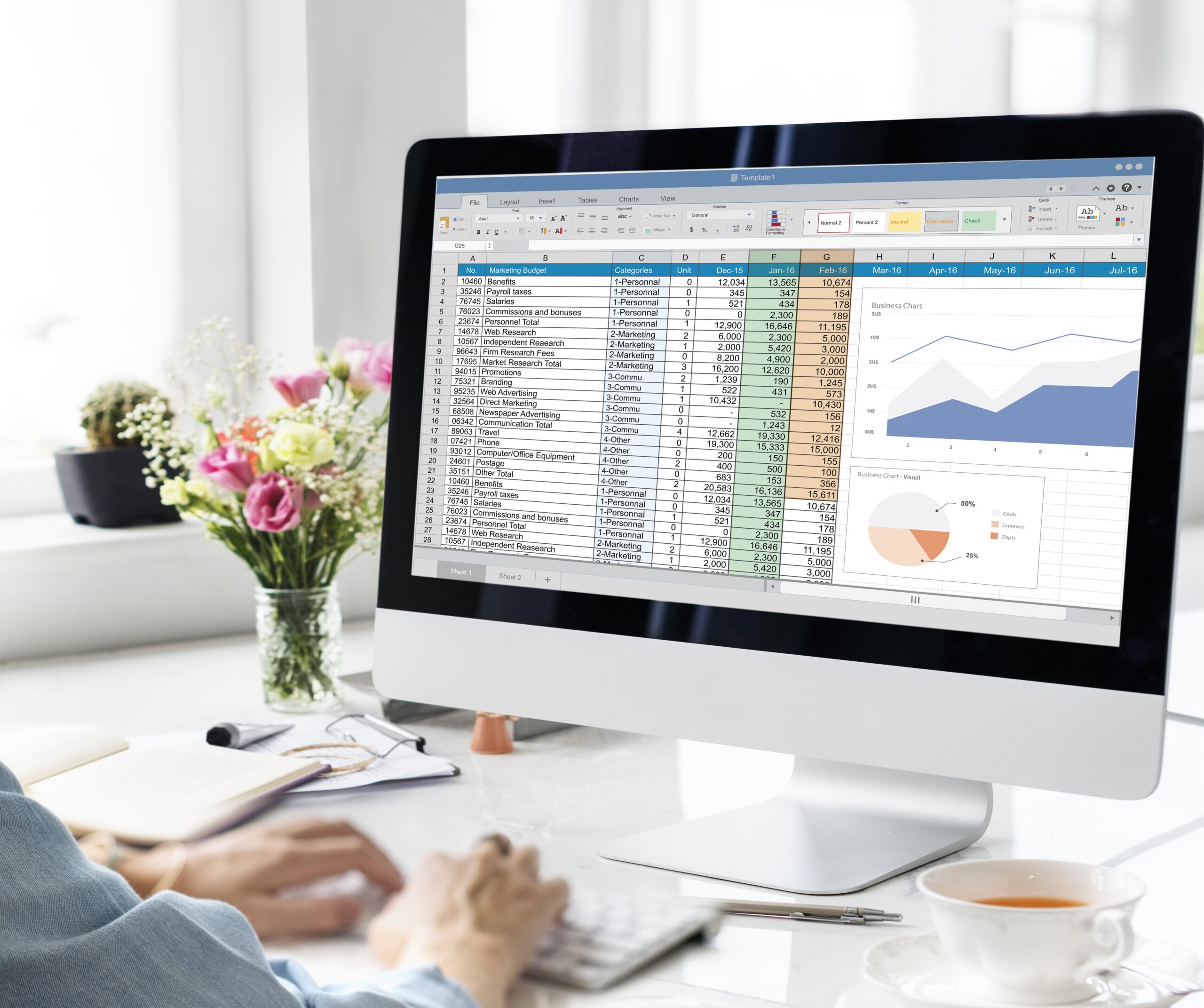
Here are the some important Excel keyboard shortcuts for the most common Excel tasks.
File Operations:
- Close a workbook:
Ctrl+W - Open a workbook:
Ctrl+O - Save a workbook:
Ctrl+S
Editing:
- Copy:
Ctrl+C - Cut:
Ctrl+X - Paste:
Ctrl+V - Undo:
Ctrl+Z - Remove cell contents:
Delete
Formatting:
- Bold:
Ctrl+B
Context Menu and Ribbon:
- Open context menu:
Shift+F10 - Expand or collapse the ribbon:
Ctrl+F1
Navigation:
- Move up one cell in the worksheet:
Up arrow key - Move down one cell in the worksheet:
Down arrow key - Move one cell left in the worksheet:
Left arrow key - Move one cell right in the worksheet:
Right arrow key - Move to the edge of the current data region in the worksheet (e.g., end of column):
Ctrl+Arrow key(e.g.,Ctrl+Down arrow) - Move to the last cell on a worksheet:
Ctrl+End - Move to the beginning of a worksheet:
Ctrl+Home
Selection and Extending Selection:
- Select entire column:
Ctrl+Spacebar - Select entire row:
Shift+Spacebar - Select entire worksheet:
Ctrl+A - Extend the selection of cells to the last used cell on a worksheet (lower right corner):
Ctrl+Shift+End
Screen Navigation:
- Move to the cell in the upper-left corner of the window (when Scroll Lock is On):
Home+Scroll Lock - Move one screen down in a worksheet:
Page Down - Move one screen up in a worksheet:
Page Up - Move one screen to the right in a worksheet:
Alt+Page Down - Move one screen to the left in a worksheet:
Alt+Page Up
Worksheet Navigation:
- Move to the next sheet in a workbook:
Ctrl+Page Down - Move to the previous sheet in a workbook:
Ctrl+Page Up
Cell Editing and Entry:
- Edit the active cell and put the cursor at the end of the cell’s contents:
F2 - Enter the current time:
Ctrl+Shift+colon(:) - Enter the current date:
Ctrl+semi-colon(;)